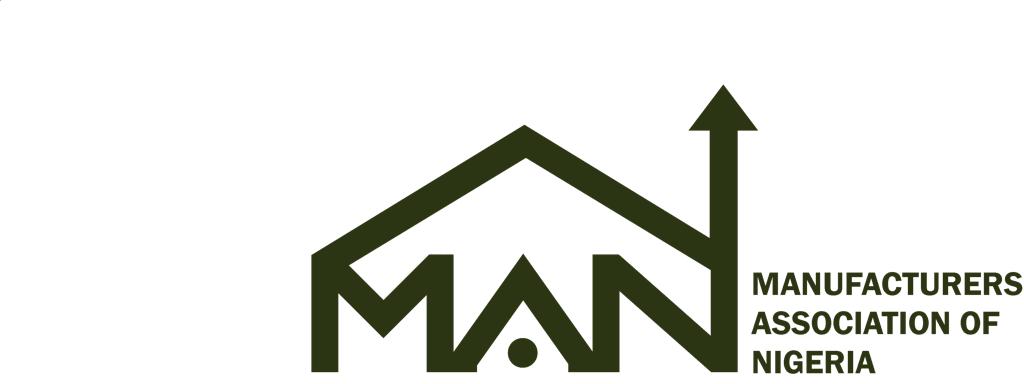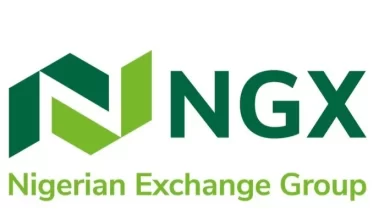More multinational manufacturers planning to exit Nigeria – MAN

More international manufacturing companies may leave Nigeria and site their factories in other countries should power distributors implement the planned hike in the tariff payable by consumers from July 1, 2023, the Manufacturers Association of Nigeria has said.
It stated that some international manufacturing firms had already exited Nigeria as a result of the power crisis, coupled with the unpredictability of the country’s foreign exchange rate before it was recently unified.
The President, Manufacturers Association of Nigeria, Francis Meshioye, told our correspondent on Tuesday that the over N144bn spent on alternative sources of energy by manufacturers in 2022 impacted adversely on the operations of his members.
He stressed that any further hike in tariff would lead to an exodus of companies, and called on the government to reconsider the move.
“In every system there’s always a core structure and this includes the elements that make up the total cost spent in generating your revenue. Now, what we experience as manufacturers is that energy cost is a major cost in processing our products.
“Now, if you spent N144bn on alternative energy sources in one year, you can only imagine the impact which that will have on your cost of operations. The manufacturing business in Nigeria is affected by so many factors, energy is a major one,” Meshioye stated.
He added, “Manufacturers provide almost every infrastructure by themselves. Outside the major roads, you find out that manufacturers provide water, power, security, etc. So when you look at it, you find out that the cost of doing business is so huge, that a businessman will ask, is this the only place I can do my business? Can I move may capital elsewhere?
“The downsizing of businesses in Nigeria, for instance, shows that businesses are not doing very well. So this power issue and other things have made some manufacturers, particularly international businessmen to relocate from Nigeria to other countries.”
He stated that something should be done about the power issue, adding that raising tariffs was not in the interest of manufacturers.
“Therefore anything to reduce this energy cost will be very beneficial both to manufacturers and the masses in general. So it (power) is a high cost to us, and a major driver in terms of cost. At the same time, it could lead to other things.
“It is one of the things that make some manufacturers to seek to move their business to another region and site their factories there. It is not the only reason, but, of course, it is one of the major ones,” Meshioye stated
In a statement issued last week, MAN stated that its surveyed data suggested that manufacturers spent at least N144.5bn on sourcing alternative energy in 2022, up from N77.22bn in 2021.
This, it said, translated to about 87 per cent increase in the cost of access to alternative energy sources by manufacturers within a year.
The statement read partly, “In the last eight years, electricity tariff has been increased by 186 per cent. The fact that the government itself is owing N75bn in unpaid electricity bill is indicative of how burdensome the cost of electricity has become.
“Therefore, it is highly concerning for manufacturers to witness the electricity tariff skyrocketing beyond the present high prices, starting July 1. A 40 per cent hike at this time is simply outrageous.”
When asked to name some other reasons that might make manufacturers to Nigeria, Meshioye replied, “We have the unpredictability of the foreign exchange rate.
“In a business model, the more predictable the forex, the better you are. But the availability of the forex itself is another thing. All these are problems that border manufacturers.”
On whether there was an estimated number of international manufacturing companies that had exited the country due to the issues around power supply and forex concerns or manufacturers that had closed down as a result of these challenges, Meshioye said, “I can’t say categorically now.”
Tariff may hit N300/kwh
The President, Nigeria Consumer Protection Network, and coordinator, Power Sector Perspectives, Kunle Olubiyo, explained that Nigerians might pay between N150/kilowatt-hour to N300/kwh once the Discos hike electricity tariffs from July 1, 2023.
“At the moment, band C (customer category) that presently goes for about N40/kwh may be increased to about N100/kwh, while band A that is presently at about N56kwh might be jerked up to about N150kwh.
“What it means technical speaking is that electricity tariff is now going to be floated and it will be market driven as naira/dollar exchange rates, and it will now be subjected to a free market.
“With high exchange rate volatility, in the next few days, electricity tariff may go from a minimum baseline of N100/kwh to a maximum threshold of N300/kwh. As sad as it is, this shall not translate into any significant improvement in reliable electricity supply, nor translate into efficient service delivery,” he stated.




